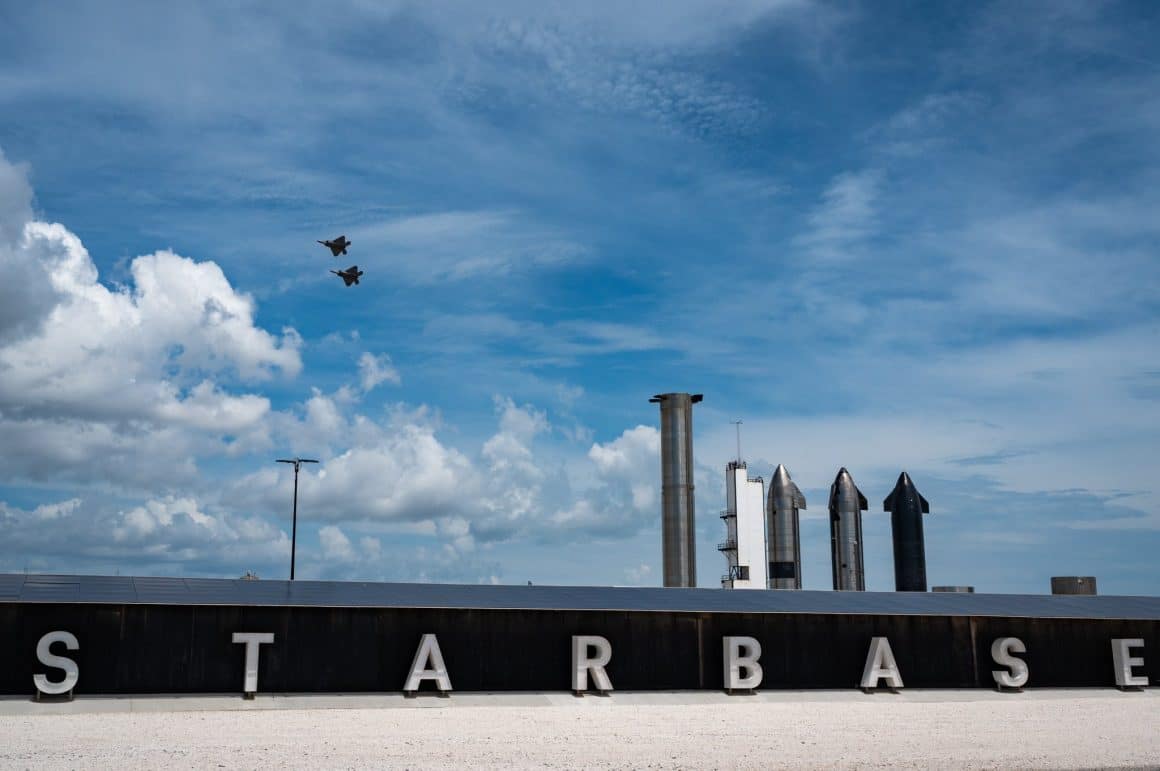A Federal Communications Commission (FCC) commissioner, Brenden Carr, called out the FCC for denying Starlink’s $885.5 million infrastructure award. The FCC said that funding the network of Starlink satellites wouldn’t be the best use of limited broadband subsidies.
FCC Chairwoman, Jessica Rosenworcel said that the technology had real promise but that the FCC couldn’t afford to “subsidize ventures that are not delivering the promised speeds or are not likely to meet program requirements.”
Commissioner Carr highly disagreed with this move and shared his thoughts about it on Twitter. He said that its decision to reverse the $885 million infrastructure award was not only concerning, but done without legal justification. And it would leave rural Americans “waiting on the wrong side of the digital divide.”
In his statement, Commissioner Carr said that he was surprised to find out by an FCC press release that reversed the $885.5 million infrastructure award that SpaceX had won in 2020. He said that this move mirrored the agency’s “broader set of missteps by costing taxpayer dollars while leaving rural communities behind.”
Commissioner Carr wrote,
“As an initial matter, this is a very curious outcome because the reasons the agency offers for backtracking on this infrastructure decision do not withstand even casual scrutiny. Indeed, the reversal constitutes clear error and plainly exceeds agency authority.”
“First, the FCC’s announcement claims that the agency is acting to ‘avoid extensive delays in providing the needed service to rural areas.’ Yet, that is exactly the outcome that this decision ensures. The FCC’s 2020 award to Starlink secured a commitment for the delivery of high-speed internet service to 642,925 unserved rural homes and businesses across 35 states. By reversing course, the FCC has just chosen to vaporize that commitment and replace it with…nothing. That’s a decision to leave families waiting on the wrong side of the digital divide when we have the technology to get them high-speed service today.”
Commissioner Carr also said that the agency’s excuse that Starlink’s technology is “risky” and “still developing, has no bearing. He noted that the FCC’s own speed testing data shows that Starlink’s speed has “increased significantly year over year.”
He further called the skepticism that the FCC showed “odd” since it is in “direct conflict with the confidence expressed by the other components of the federal government–including the Air Force, which just inked a nearly $2 million deal with Starlink to deliver high-speed Internet service to military bases.”
The FCC criticized Starlink’s pricing and Commissioner Carr also brought this up. “The agency cites Starlink’s price point in denying it this universal service award. Yet right now, the FCC is providing universal service awards for far slower internet services that cost consumers far more.”
Residents in Napakiak, Alaska, the Commissioner said, are paying hundreds of dollars every month for services supported by the FCC’s universal service awards that deliver “speeds less than 1/10th of Starlink’s.”
Commissioner Carr also said that the denial was without a lawful basis since “the 2020 Commission-level decision governing the Starlink award and similar awards did not authorize staff to deny a winning bid based on equipment price point considerations–let alone based on an arbitrary one selectively applied to one winner. As such, the denial here is without a lawful basis.”
Commissioner Carr is also concerned that the FCC’s decision will hurt taxpayers.





